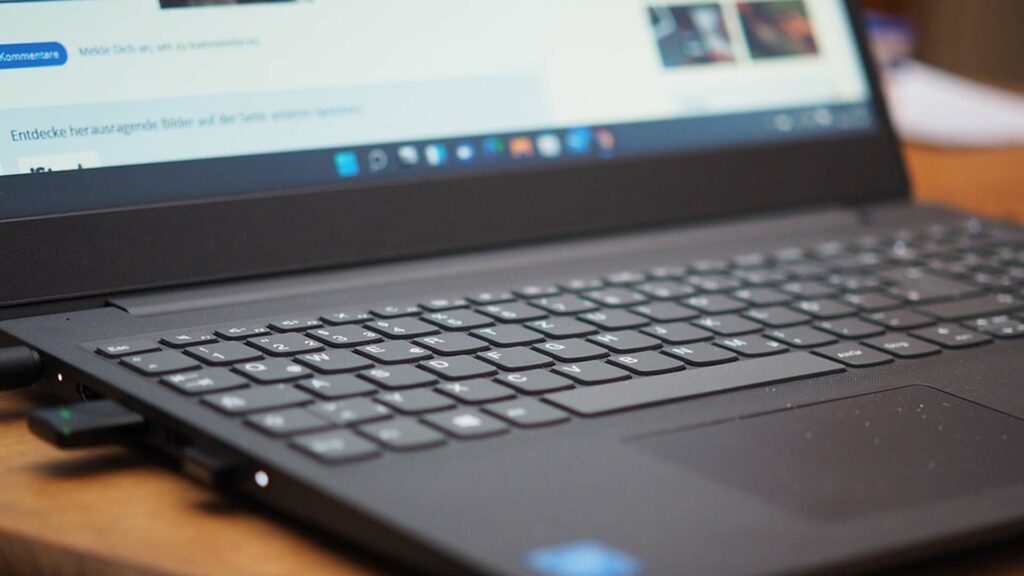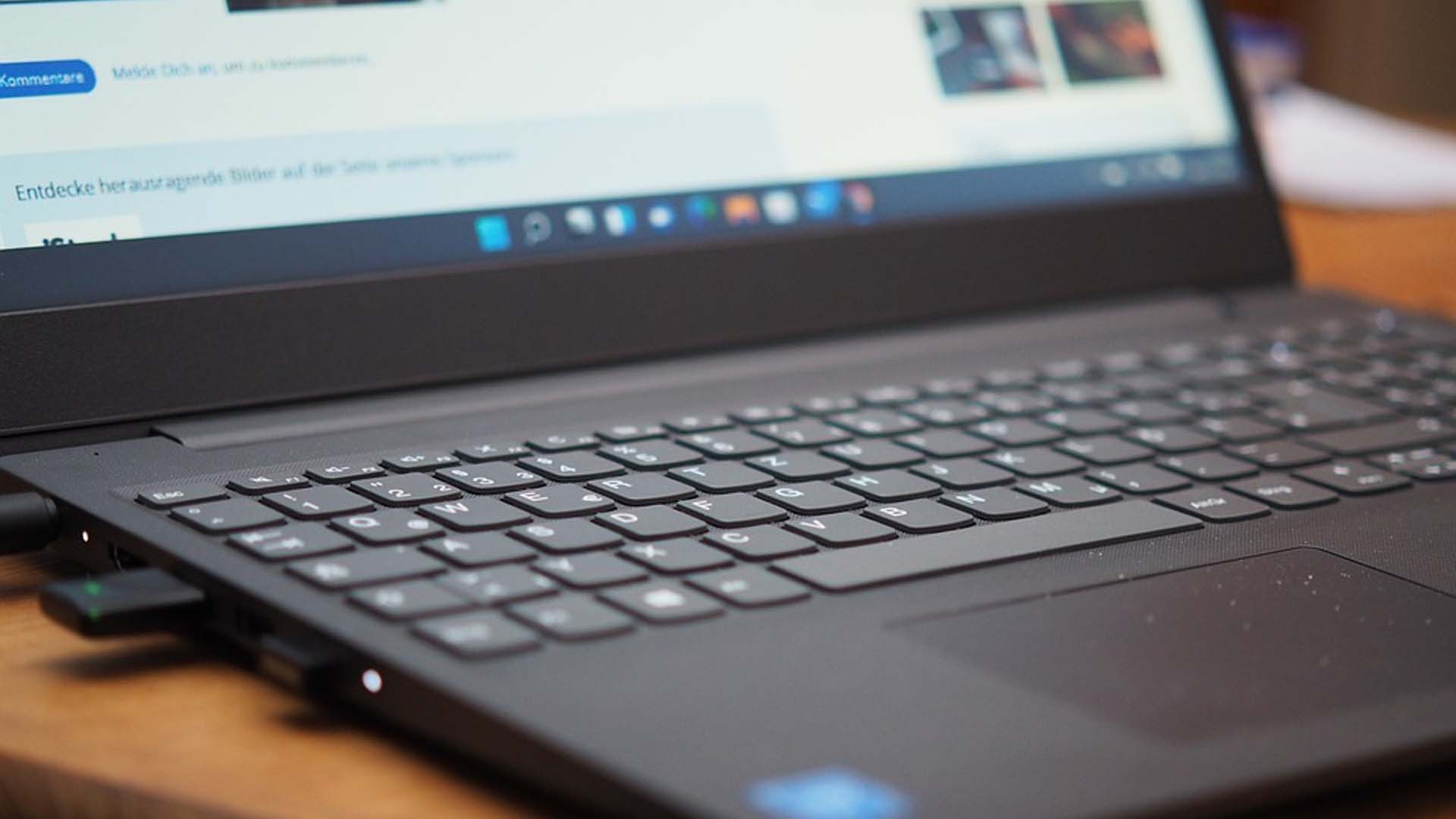Windows 11 might soon update without rebooting, as per rumors circulating. Evidence suggests Microsoft is testing this in preview build 26058, as noted by Zac Bowden of Windows Central.
Updates are being pushed to testers for testing the servicing pipeline for Windows 11, version 24H2. Notably, those with VBS enabled might not need to restart after installing the update.
This method, termed “hot patching,” offers convenience to users and could be implemented in the upcoming major update for Windows 11 (24H2), according to Bowden.
Hot patching applies to monthly cumulative updates for Windows 11, while larger upgrades like 24H2 won’t be hot-patched due to extensive underlying changes.
However, not all cumulative updates will skip the reboot. Hot patching relies on a baseline update, needing periodic refreshes.
Microsoft appears to be testing this method, particularly mentioning 24H2.

How would this work?
What does this imply for Windows 11’s future? Well, maybe nothing. This is mostly hearsay, and what’s happening in early tests might be scrapped if it fails.
However, hot patching is already used with Windows Server and Xbox consoles, so it’s logical for Microsoft to use it for Windows 11 too. It’s quite convenient, but not every update will be hot-patched.
Bowden predicts quarterly updates needing a reboot, with hot patches in between. For example, a reboot-heavy update in January followed by quick, no-reboot updates in February and March. April might need a reboot, but not May or June, and so forth.
Annual updates and out-of-band security fixes wouldn’t be hot-patched, as they rely on different patches.
This would be great for Windows 11 users since avoiding reboots is a big plus. Will it entice Windows 10 users to upgrade? Maybe not, but it’s another reason to consider switching. (Assuming they meet the requirements to upgrade, which is an issue for some due to things like TPM).

